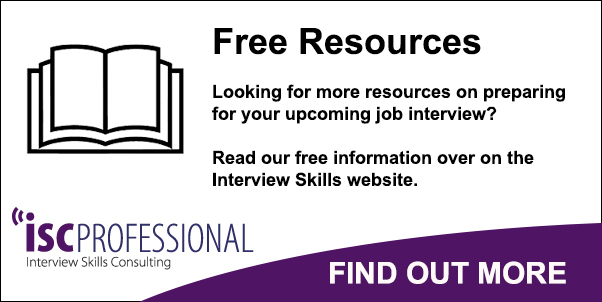Evaluating Your Performance to Improve Interview Skills
Evaluating your interview performance after an interview can make all the different in improving your interview skills, and succeeding in the future. Many candidates fall into the trap of attempting the same interview routine and expecting different results when it comes to job interviews.
They prepare diligently, they deliver what they believe is a stellar interview, but they do not take the time to evaluate previous performances. Without such reflection and rigorous analysis their interview preparation is flawed.
Here we take a closer look at how to evaluate your performance and improve your interview skills.

Stage 1- Immediate aftermath
Stepping out of the interview room the last thing you probably feel like is replaying your performance- but it is essential that you do so as soon as possible. Whether the interview has gone well or not, every encounter is a potential learning experience. Go somewhere quiet and write down the topics which came up, the responses you provided and in particular any questions which you found difficult. Also record some brief observations about how you performed in terms of communication and interpersonal skills. Your initial notes should be as free flowing as possible in order to capture as much of the interview as you can.
Stage 2- Assessment and evaluation
Give yourself a break after stage one and return to your notes the following day. This gives your body and mind time to recover from the interview experience and regroup for the next phase of the process. Write down some category headings such as interview arrangements, introductions, communication skills, professionalism, criteria and interview completion. These will help you consider different aspects of the interview and assess your own personal performance against each.
Use the notes to record what went on under each of the headings, adding in any other information you may have recalled overnight. Next assess how you feel you performed in each area- mark yourself out of ten or grade your performance. This may feel uncomfortable but you need to be as clinical as possible. Refer back to the job criteria if necessary in order to evaluate whether your answers addressed the specific requirements of the position.
You now have a valuable document which highlights what you believe were the strengths and weaknesses of your most recent interview performance. For another perspective you could also contact the employer who conducted the interview- some may be willing to provide feedback but even if they don’t getting in touch may help establish a useful contact for the future.
Stage 3- Implementing lessons learned
If you are committed to securing employment or changing jobs, the likelihood is that you will be participating in a number of interviews around the same time. Use your evaluation and employer feedback, if available, to feed into the preparation for these interviews.
If the start of the interview was a little shaky last time then improve your introduction. If there is a particular criterion you struggled with and this arises again, work on the example you provide to better demonstrate your competence in this area. If confidence is an ongoing issue spend time with a friend practicing your performance or invest in partnering with a professional interview skills coaching organisation.
Use the evaluation process to look back but don’t get too hung up on your past performance. This is a new opportunity to impress a prospective employer so embrace it- with informed planning and preparation your next career move could be just an interview away.

